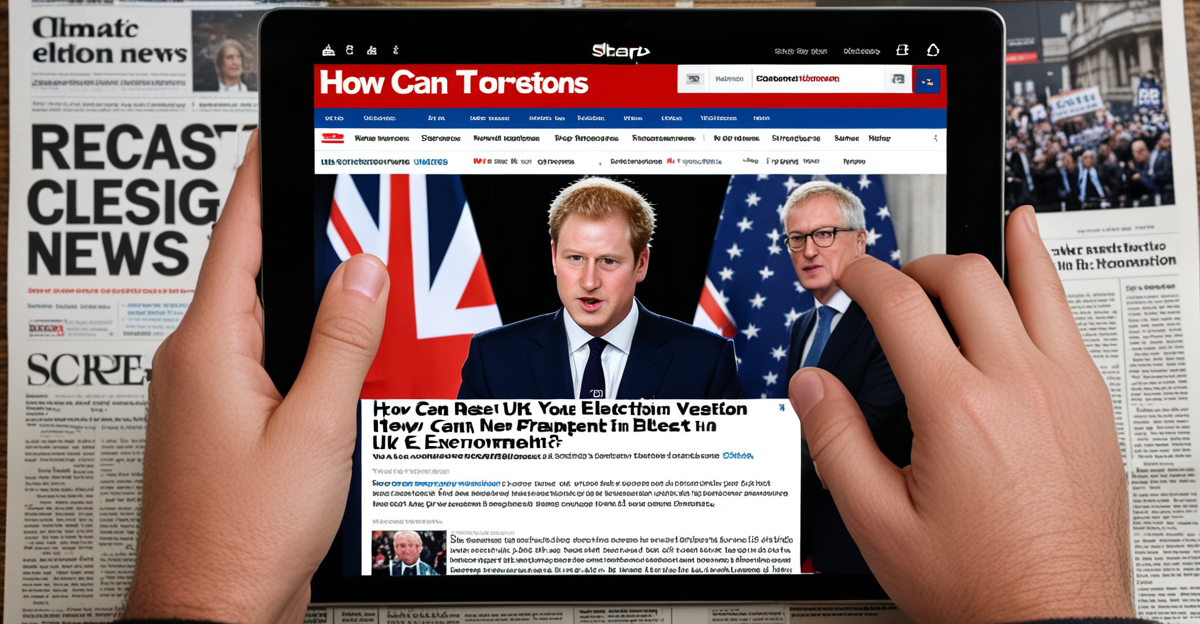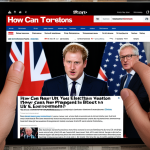Key Recent Developments in UK News Impacting the Election
Recent UK news developments have significantly shaped the electoral landscape. Major political scandals have dominated headlines, affecting public trust and voter sentiment. For instance, controversies around transparency and conduct have attracted widespread media attention, highlighting governance concerns that weigh heavily on the electorate. These scandals increase scrutiny on political figures and influence voter behavior by raising questions about accountability.
Simultaneously, notable policy changes with clear electoral implications have emerged. Adjustments in taxation, healthcare, and environmental regulation are focal points that reshape party platforms. These policy shifts offer voters tangible issues on which to base their decisions, influencing electoral outcomes.
Also read : What Are the UK’s Strategies for Cultural Preservation?
Moreover, economic shifts are prominent in current affairs influencing elections. Inflation rates, employment levels, and public spending debates create an atmosphere where economic performance becomes a priority for voters. New public opinion poll trends reveal a correlation between economic perceptions and party support, demonstrating how economic news drives electoral dynamics.
Together, these UK news developments—scandals, policy changes, and economic updates—forge the crucial context within which the upcoming election will unfold.
Also to discover : How Has Brexit Altered the Daily Lives of Ordinary Britons?
Analysis of Voter Behavior Changes in Response to News
Understanding voter behavior is crucial as UK news developments significantly affect the electoral impact. Major scandals and controversial headlines often cause a swift opinion shift among the electorate. For example, when a scandal dominates media coverage, public trust in implicated politicians typically declines, prompting voters to reconsider their support. This dynamic reflects how current affairs influencing elections directly alter voter attitudes.
Media coverage, including traditional news outlets and social media, amplifies these effects. The pervasive nature of news stories ensures that public perceptions are quickly shaped and reshaped. Social media platforms, in particular, accelerate the spread of information, often intensifying voter reactions. This means electoral impact is not static but evolves as voters digest and discuss the latest developments.
Moreover, voter behavior reflects shifting priorities. Issues highlighted in UK news developments, such as economic challenges or policy announcements, can cause alliances to realign. Voters may prioritize economic stability over previous concerns or vice versa, depending on what the news emphasizes. This fluidity in priorities underscores the need to track opinion shift carefully to understand how electoral outcomes might unfold.
In sum, analyzing voter behavior reveals the powerful interplay between news events and changing electoral preferences.
Implications for Party Strategies and Election Campaigns
Recent UK news developments force parties to quickly adapt their party strategies and election campaigns. When major political scandals surface, parties often revise their political messaging to either distance themselves from controversy or to highlight opponents’ weaknesses. For instance, a scandal involving transparency may prompt a party to emphasise integrity and accountability in campaign rhetoric.
Parties also closely monitor voter reactions to current affairs influencing elections to tailor campaign tactics. Addressing shifting public concerns—such as emerging economic issues or policy changes—becomes instrumental in shaping campaign priorities. This strategic responsiveness helps parties align with evolving voter preferences and maximise their electoral impact.
Moreover, media plays a pivotal role. Parties leverage both traditional outlets and social media platforms to disseminate carefully crafted messages. These channels enable rapid responses to news cycles, allowing campaigns to reinforce positive narratives or counteract negative press effectively.
In practical terms, campaign tactics often include:
- Promoting new policy pledges targeting voter concerns raised by recent news
- Utilising media monitoring to anticipate and react to public sentiment
- Coordinating messaging discipline across candidates to present a united front
Such approaches underscore how party strategies and election campaigns are increasingly dynamic, reflecting the fast-paced environment shaped by ongoing UK news developments.
Expert Commentary and Projections
Expert analysis consistently highlights that current affairs influencing elections have intensified the unpredictability of voter responses. Political analysts point out that ongoing UK news developments, such as high-profile scandals and policy shifts, are crucial in shaping the electoral landscape. These events increase volatility, resulting in rapid opinion shifts that challenge traditional forecasting.
Interpreting recent polling data, experts note fluctuating party support tied directly to media coverage of major political events. Analysts emphasize the importance of trend monitoring rather than isolated poll results because public sentiment evolves quickly amid continuing scandals and economic concerns. This dynamic makes election projections tentative but essential for campaign planning.
Scenario-building exercises integrate variables like scandal severity and economic stability, projecting a range of possible election outcomes. Experts agree that parties leveraging strong political messaging and nimble campaign tactics in response to news developments are likely to gain an electoral advantage.
Ultimately, expert commentary underscores the complexity introduced by continuous news cycles in predicting UK election results. The combination of real-time news influence and voter volatility means election projections must remain adaptable, with a clear focus on how current affairs influencing elections drive shifts in voter behavior.







